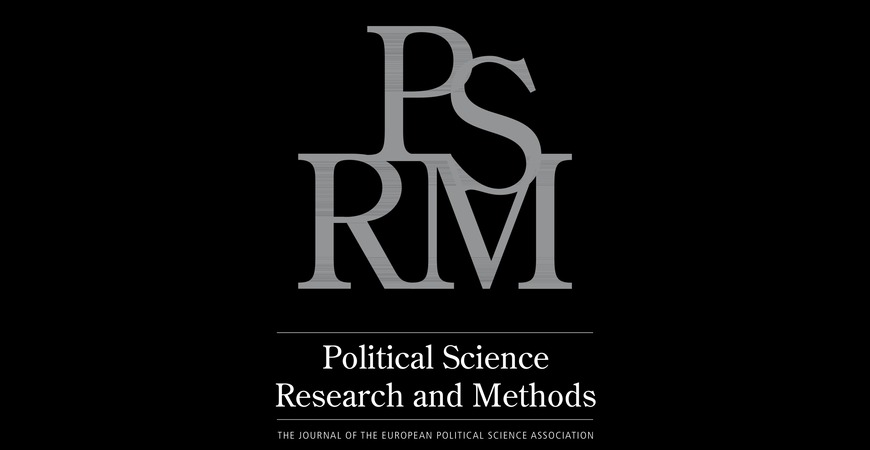
Congratulations to UC Merced Political Science Assistant Professor Marco Alcocer on his publication "Increasing intergovernmental coordination to fight crime: evidence from Mexico" in Political Science Research and Methods.
In this article, Dr. Alcocer analyzes how increasing intergovernmental coordination between police agencies in Mexico impacts crime and violence. He finds that better coordination weakens cartels and reduces violent crime but increases homicides.
Abstract: Latin America is the most violent region in the world, with many countries also suffering from high levels of criminality and the presence of powerful criminal organizations. Identifying government responses that improve citizen security is imperative. Existing research argues that improving intergovernmental coordination helps the state combat criminality, but has limited its analysis to political factors that affect coordination. I study the impact of increasing intergovernmental coordination between law enforcement agencies. Using the generalized synthetic control method, original data on the staggered implementation of a police reform that increased intergovernmental police coordination and detailed data on criminal organizations and criminality in Guanajuato, Mexico, I find that the reform weakened criminal organizations and reduced violent crime, but increased violence.
Read the full publication HERE.

